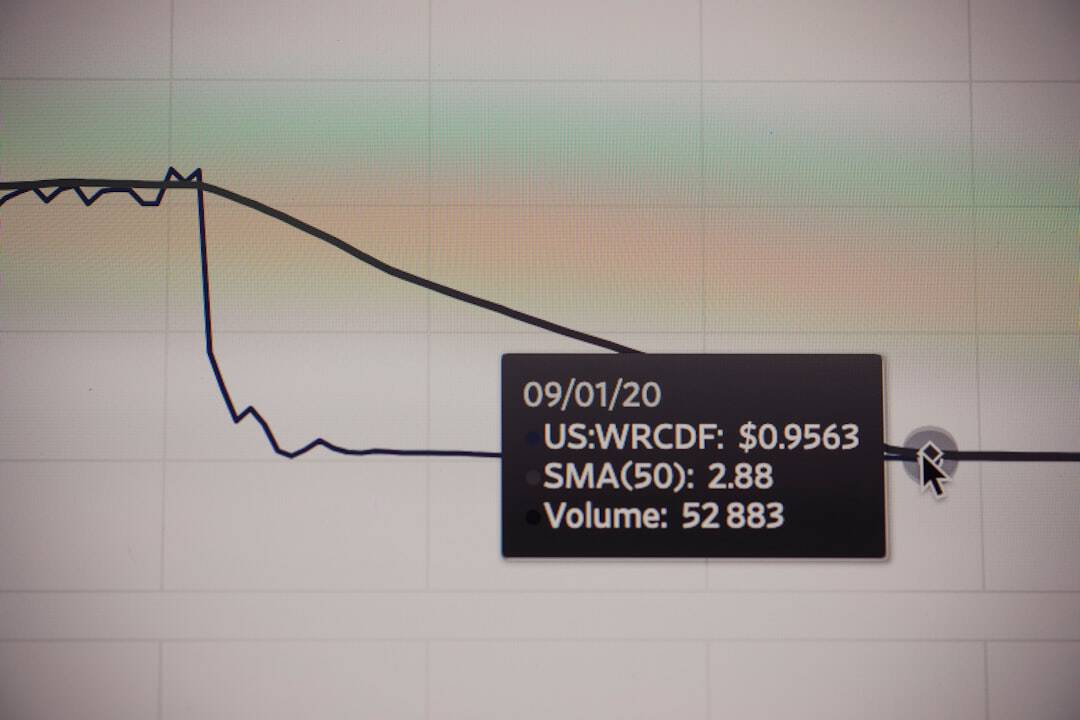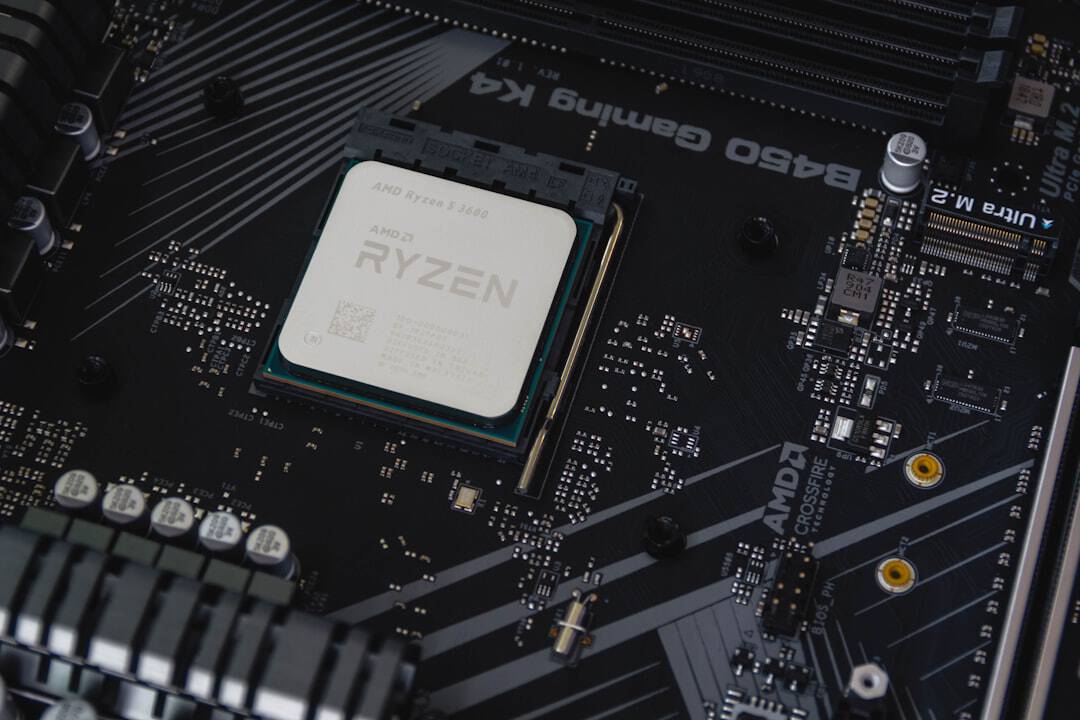Virtual goods are digital items or assets that exist within the metaverse, a virtual shared space. These can include virtual clothing, accessories, real estate, and vehicles. Users can buy, sell, and trade these goods using virtual currency within the metaverse ecosystem.
Non-Fungible Tokens (NFTs) are a specific type of virtual good that represent ownership or proof of authenticity of unique digital items or content. NFTs utilize blockchain technology to ensure the uniqueness and verifiable ownership of digital assets. In the metaverse, NFTs can represent various digital items, including art, collectibles, virtual real estate, and in-game items.
The popularity of virtual goods and NFTs has grown significantly in recent years, driven by their potential to create new economic opportunities within the metaverse. As the metaverse continues to expand and develop, the demand for virtual goods and NFTs is expected to increase, potentially leading to a robust digital economy within this virtual space. Virtual goods and NFTs are changing perceptions of ownership and value in the digital realm.
As the metaverse becomes more integrated into daily life, these digital assets are likely to play an increasingly significant role in shaping the future of digital commerce and ownership.
Key Takeaways
- Virtual goods are digital items or assets that exist within the metaverse, while NFTs (non-fungible tokens) are unique digital tokens that represent ownership of a specific virtual item.
- The legal status of virtual goods and NFTs is still evolving, with questions surrounding property rights, copyright, and contract law in the metaverse.
- Ownership rights in the metaverse can have a significant impact on creators, buyers, and the overall virtual economy, influencing the value and transferability of virtual goods and NFTs.
- Challenges and controversies surrounding virtual goods and NFTs rights include issues of theft, fraud, and disputes over ownership and authenticity.
- Creators and buyers of virtual goods and NFTs should consider legal implications such as intellectual property rights, licensing, and potential disputes when entering the metaverse.
Understanding the legal status of virtual goods and NFTs
Defining Property Rights in the Virtual World
Traditionally, property rights have been associated with physical objects, but as the digital economy grows, there is a need to reevaluate how we define and protect property rights in the virtual world. The question of whether virtual goods and NFTs should be treated as property under the law is a key legal consideration.
Uncertainty and Legal Disputes
In many jurisdictions, the legal status of virtual goods and NFTs is still uncertain, leading to a lack of clarity around ownership and rights. This has led to legal disputes and challenges surrounding the buying, selling, and trading of virtual goods and NFTs.
The Need for Clear Legal Frameworks
As the metaverse continues to expand, there is a growing need for clear legal frameworks to govern the ownership and transfer of virtual goods and NFTs. Establishing a clear legal status for these digital assets is crucial for ensuring confidence and stability in the virtual economy.
The impact of ownership rights in the metaverse

Ownership rights in the metaverse have a significant impact on the digital economy and the way we interact with virtual goods and NFTs. The ability to buy, sell, and trade virtual goods and NFTs is dependent on clear ownership rights, which provide certainty and security for both creators and buyers. Without strong ownership rights, there is a risk of fraud, theft, and disputes over the rightful owner of a virtual asset.
Clear ownership rights also have implications for the value of virtual goods and NFTs. The ability to prove ownership and authenticity through NFTs adds value to digital assets, making them more desirable and sought after within the metaverse. This has led to a thriving market for virtual goods and NFTs, with some digital assets selling for millions of dollars.
The impact of ownership rights in the metaverse extends beyond economic considerations. It also has implications for creativity and innovation, as creators are incentivized to produce high-quality digital content knowing that they can protect their ownership rights and potentially profit from their creations.
Challenges and controversies surrounding virtual goods/NFTs rights
Despite the potential benefits of virtual goods and NFTs, there are several challenges and controversies surrounding their rights. One of the main challenges is the lack of clear legal frameworks governing virtual goods and NFTs, leading to uncertainty and disputes over ownership and rights. This has created a barrier to entry for many creators and buyers who are hesitant to participate in the digital economy without clear legal protections.
Another challenge is the potential for copyright infringement and intellectual property theft within the metaverse. The ease of replicating digital content has led to concerns about unauthorized copying and distribution of virtual goods and NFTs. This has raised questions about how to effectively protect the rights of creators and ensure that they are fairly compensated for their work.
Controversies surrounding virtual goods and NFTs rights have also sparked debates about the environmental impact of blockchain technology. The energy-intensive process of minting NFTs has raised concerns about its carbon footprint, leading to calls for more sustainable alternatives.
Legal considerations for creators and buyers of virtual goods/NFTs
Creators and buyers of virtual goods and NFTs must navigate a complex legal landscape to protect their rights and investments. For creators, it is important to understand how to establish and protect their ownership rights over their digital creations. This may involve registering copyrights, trademarks, or other forms of intellectual property protection to prevent unauthorized use or reproduction of their work.
Buyers of virtual goods and NFTs also need to be aware of their legal rights when purchasing digital assets within the metaverse. This includes understanding the terms of sale, transferability, and any potential restrictions on use or resale of virtual goods and NFTs. Due diligence is essential to ensure that buyers are not unknowingly infringing on the rights of creators or purchasing counterfeit digital assets.
Legal considerations for creators and buyers also extend to contractual agreements governing the sale and transfer of virtual goods and NFTs. Clear and enforceable contracts can help mitigate disputes and provide recourse in the event of a breach of rights or fraudulent activity.
The role of smart contracts and blockchain technology in protecting rights

Smart Contracts: Automating Ownership Transfer
Smart contracts play a vital role in safeguarding the rights of creators and buyers within the metaverse. These self-executing contracts have the terms of the agreement directly written into code, enabling the automation of ownership rights transfer for virtual goods and NFTs. This results in transparent, secure, and efficient transactions.
Blockchain Technology: A Decentralized Ledger
Blockchain technology, which underlies NFTs, provides a decentralized and tamper-proof ledger for recording ownership and transfer of digital assets. This ensures that ownership rights are securely established and verified, reducing the risk of fraud or disputes over authenticity.
Embedding Royalties and Incentivizing Creators
The use of smart contracts and blockchain technology also enables creators to embed royalties into their digital creations, ensuring that they receive a percentage of future sales each time their work is resold. This provides ongoing compensation for creators and incentivizes them to continue producing high-quality digital content.
The future of virtual goods/NFTs rights in the metaverse
The future of virtual goods/NFTs rights in the metaverse is likely to be shaped by ongoing legal developments, technological advancements, and shifts in consumer behavior. As the digital economy continues to grow, there will be increasing pressure on lawmakers to establish clear legal frameworks governing virtual goods and NFTs. This will provide certainty and security for creators, buyers, and investors participating in the metaverse.
Technological innovations such as decentralized finance (DeFi) and interoperable blockchain networks are also expected to play a significant role in shaping the future of virtual goods/NFTs rights. These developments have the potential to create new opportunities for monetization, investment, and collaboration within the metaverse. Consumer behavior within the metaverse is also likely to influence the future of virtual goods/NFTs rights.
As more people engage with virtual worlds for work, socializing, entertainment, and commerce, there will be a growing demand for diverse and high-quality digital content. This will drive innovation in how virtual goods are created, bought, sold, and experienced within the metaverse. In conclusion, virtual goods/NFTs rights in the metaverse are a complex and evolving area with significant implications for creators, buyers, investors, and the broader digital economy.
As the metaverse continues to expand, it will be essential to establish clear legal frameworks, leverage technological solutions, and adapt to changing consumer behavior to ensure that virtual goods/NFTs rights are protected and foster a thriving digital economy within this virtual space.
If you’re interested in learning more about the gaming aspect of the metaverse and how it relates to virtual goods and NFTs, you should check out this article on metaverse platforms and ecosystems. It provides valuable insights into the gaming industry within the metaverse and how virtual goods and NFTs play a crucial role in shaping the future of gaming experiences.
FAQs
What are virtual goods/NFTs in the metaverse?
Virtual goods/NFTs in the metaverse are digital assets or items that exist within a virtual environment, such as a video game, virtual world, or other online platform. These items are often unique or limited in quantity and can be bought, sold, and traded using blockchain technology.
What rights do users have to virtual goods/NFTs in the metaverse?
The rights to virtual goods/NFTs in the metaverse can vary depending on the platform and the terms of service. In some cases, users may have ownership rights to the virtual goods/NFTs they purchase, allowing them to transfer, sell, or use the items as they see fit. However, it’s important to carefully review the terms of service and understand the rights associated with virtual goods/NFTs on a specific platform.
Are virtual goods/NFTs considered property?
The legal status of virtual goods/NFTs as property is a complex and evolving issue. While some jurisdictions may recognize virtual goods/NFTs as property with associated rights, others may not have clear legal frameworks in place. It’s important to seek legal advice and understand the legal implications of owning and trading virtual goods/NFTs in the metaverse.
Legal challenges related to rights to virtual goods/NFTs in the metaverse can include issues of ownership, intellectual property rights, taxation, and jurisdictional differences. As the metaverse continues to develop, there may be ongoing debates and legal disputes surrounding the rights and responsibilities of users and platform operators in relation to virtual goods/NFTs.











Leave a Reply